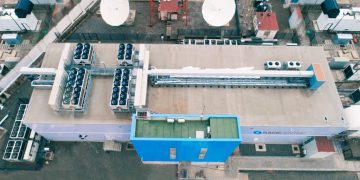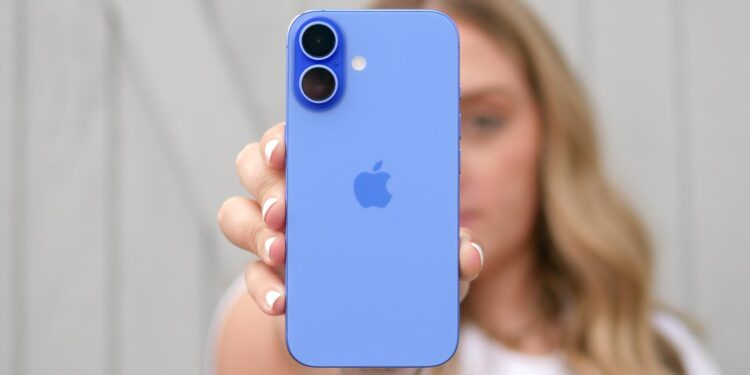Indonesia has turned down Apple’s $100 million investment offer. Apple wanted this investment to lift a ban on the iPhone 16 in Indonesia. However, Indonesia has a new rule that smartphones sold there must have at least 40% of their parts made locally. Apple doesn’t have factories in Indonesia, so it can’t meet this requirement.
The Indonesian government says Apple’s offer isn’t fair because Apple has invested much more in other countries like Vietnam and Thailand. They want Apple to invest more in Indonesia to meet the local content rule. “We have done an assessment, and this proposal does not meet principles of fairness,” says Industry Minister Agus Gumiwang Kartasasmita.
Apple hasn’t responded to this decision yet.
While the company has operated application developer academies in Indonesia since 2018 to partially fulfill local content requirements for older iPhone models, officials now demand more substantial commitments to hardware production and local sourcing.
Apple’s rejected $100 million proposal reportedly included plans to establish a plant for accessories and components. But there’s still an investment commitment of $10 million that was supposed to be done before 2023. Indonesia is also asking for new investment commitments by 2026. This isn’t just happening with Apple. Google’s Pixel phones have also been banned in Indonesia for the same reason.
People are watching to see what Apple will do next. If they can’t resolve this issue, they might lose access to a growing Southeast Asian market.























































